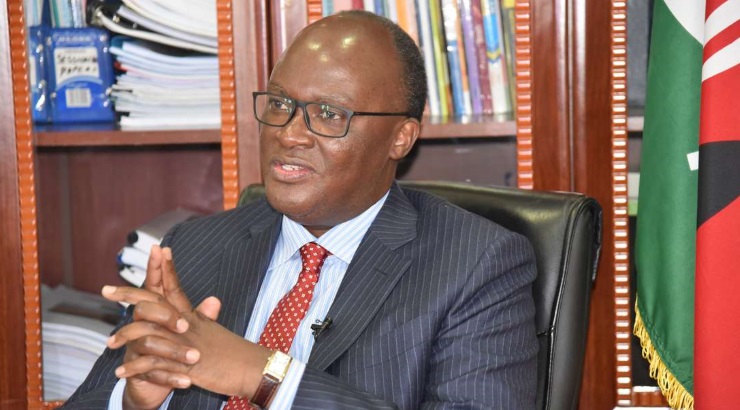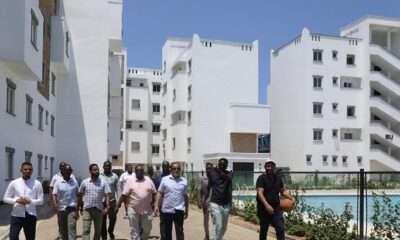Residential Projects
Kenya’s 1 million low cost houses to cost Sh2.6 trillion
The government plans to leverage on the private sector to build affordable houses.

A total of Sh2.6 trillion will be spent to build a million low cost houses across Kenya in the next five years as East Africa’s largest economy seeks to bridge its national housing gap that currently stands at an estimated 1.85 million units.
Speaking in Nairobi on Monday during the launch of the National Urban Forum, Transport, Infrastructure, Housing and Urban Development Secretary James Macharia said the government will partner with private investors and counties to help realise its target of building affordable homes for the low income earners.
“We have realised that this agenda cannot be fully implemented unless we have collaboration between ourselves, the private sector and county governments,” Mr Macharia said.
He said the ministry had shortlisted 35 firms for the soon-to-be-launched construction of 8,000 low cost houses in Mavoko, Machakos County, which will serve as a prototype for the ‘one million homes project’.
“Nobody has Sh2.6 trillion in his pocket but there is money in this market. The idea is to leverage on the private sector to do affordable houses. We shall do the roads, water, power and then the private sector will do the work,” Mr Macharia said.
The Sh2.6 trillion-figure is nearly thrice the Sh1 trillion estimated cost that was divulged by The National Building Inspectorate Secretary Moses Nyakiongora last October.
READ: Inside Kenya’s Sh1 trillion plan to promote low cost housing
According to Mr Macharia, a total of 800,000 houses will be built under the public private partnership model and 200,000 will be put up under a social scheme.
The government has pledged to offer Sh40 billion worth of monetary and legislative incentives to the private sector to attract partnerships to drive the affordable housing agenda.
Speaking in Murang’a recently, Principal Secretary Aidah Munano said the incentives would do away with the challenges investors cite as hindrances to full partnership with the government to build low cost housing.
“We are currently open to dialogue with investors who want to partner with us in this agenda. We are offering incentives that are cushioned in sound win-win partnerships to house the nation,” Ms Munano said.
Kenya has recently put enormous emphasis on development of low cost homes, something that the government considers as a way of assisting citizens who have been priced out of the property market.












